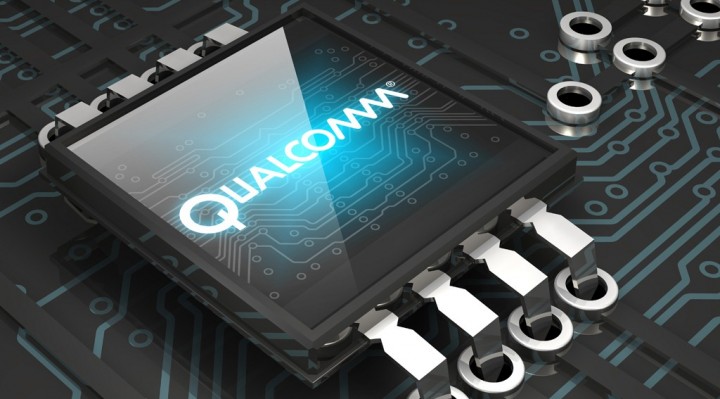QUALCOMM, Inc. (NASDAQ:QCOM) has made the first steps to becoming a key player in the server chips business. A partnership with the government of Guizhou province in China is what the company is hoping to use to spearhead its efforts on the same. The two have formed a joint venture through which the giant chipmaker plans to use to deploy its chips across the country.
$280 Million Investment
The two are planning to invest a total of $280 million in the joint venture. The Guizhou government is to control a majority stake in the business at 55%, with QUALCOMM, Inc. (NASDAQ:QCOM) controlling the rest. The investment marks the first step in the Chinese government positioning the province as the hub center for cloud computing.
Last year, the government unveiled a ‘big data pilot zone’ in the region as part of an effort that seeks to market cloud computing in the area. Operating a joint venture with the government represents a conciliatory strategy for the giant chipmaker. Qualcomm saw its prospects in China turn sour in China last year after incurring a $975 million charge over antitrust violation. With such partnerships, the company hopes to mend its relationship.
Taking Intel Head On
QUALCOMM, Inc. (NASDAQ:QCOM) is also moving to take advantage of the Chinese government push to develop the semiconductor industry in the country. China is the world’s largest consumer of chips globally. However, it lacks a robust homegrown chip industry, a void the company hopes to fill.
When it comes to the field of processors that control Android-based smartphones, no other company calls shots better than Qualcomm. It is a dominance the company will hope to extend into the server business that up until now has remained the domain of Intel Corporation (NASDAQ:INTC).
The San Diego Calif Based chip maker expects the market to be worth $15 billion in sales by 2020, providing exciting opportunities for growth. China is already the second largest fastest growing market when it comes to server business, a feat that QUALCOMM, Inc. (NASDAQ:QCOM) is looking to leverage. However, it will have to shrug off competition from Intel which controls over 90% in market share for data center chips.



